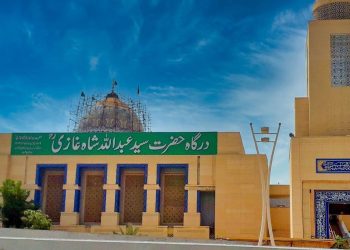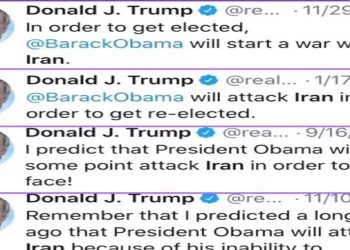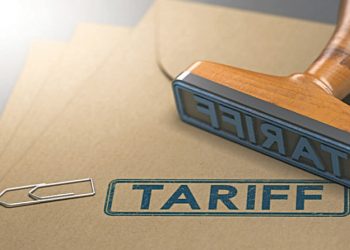Bangladesh’s President Mohammed Shahabuddin has ordered the release of jailed former prime minister and key opposition leader Khaleda Zia, just hours after her archrival Sheikh Hasina was ousted and fled the country.
Zia, 78, who has served as Bangladesh’s prime minister twice, is in poor health and currently confined to a hospital after being sentenced to 17 years in prison for corruption in 2018. She has a long-standing rivalry with Hasina and was accused of misusing her power by embezzling approximately $250,000 in donations intended for an orphanage trust.
Who is Khaleda Zia?
Khaleda Zia, the arch-rival of Hasina, was jailed in 2018 after being sentenced to 17 years in prison for a graft case.
Khaleda Zia was born on August 15, 1945, in Bengal’s Jalpaiguri and is the chief of the main opposition party, the Bangladesh Nationalist Party (BNP). Her political career began after the assassination of her husband, Ziaur Rahman, who was President of Bangladesh from 1977 to 1981 and founded the BNP in 1978.
In 1991, Khaleda Zia became the first woman Prime Minister of Bangladesh, making her the second female prime minister in the Muslim world after Pakistan’s Benazir Bhutto. She served as prime minister again from 2001 to 2006. The 2007 elections were postponed due to political violence and infighting, leading to a military takeover of the caretaker government. During this interim rule, Zia and her two sons faced corruption charges.
Khaleda Zia’s Potential Role in Future Politics
Khaleda Zia, now facing multiple health issues, is currently confined to a hospital and has frequently traveled overseas for medical treatment. The release of Khaleda Zia marks a significant development in Bangladesh’s political landscape following the resignation and departure of Sheikh Hasina. While the decision reflects ongoing political tensions and the need for stability in the country, given her health, she may not play an active role in Bangladesh’s future politics.







![Bangladesh Nationalist Party (BNP) chairperson and former Prime Minister Khaleda Zia [File: Andrew Biraj/Reuters]](https://mmnews.tv/wp-content/uploads/2024/08/Khaleda-Zia-750x412.jpg)

























